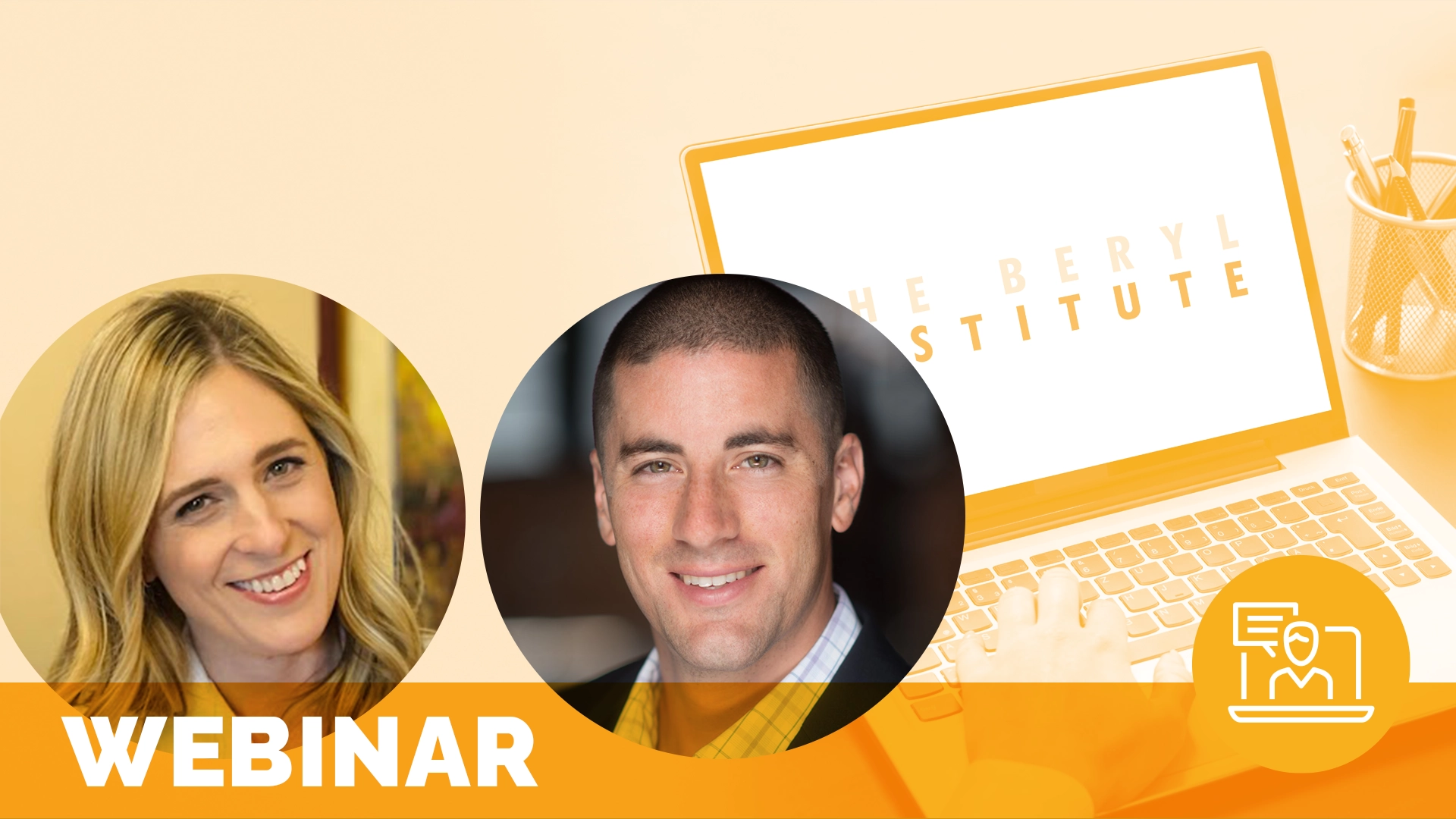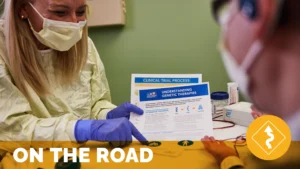Volunteers: The Heart of Healthcare

For years, volunteers have contributed in hospitals in a variety of ways: manning information desks, rounding with cheer carts, serving in gift shops, and rocking babies. They’ve been an integral part of healthcare, and many of us couldn’t imagine our hospitals without them.
And then COVID hit. Hospitals went on lockdown, we all started wearing masks, and all our volunteers were sent home. For two years, we did everything we could to stay connected to them as a critical part of our work families. We had “drive up” visits, delivered treats, and stayed in touch as best we could. For many volunteers, their work at our hospitals was the focus of their lives. A key part of their lives had suddenly gone away, and especially for our older volunteers, the impact was significant and isolating. In some cases, we saw them more frequently than family who lived out of town. We knew when their health was declining or memory issues had begun. We knew all about their families, their hobbies, and why they loved volunteering in our hospitals. They missed us, and we all missed them.
Staff would often stop me in the halls asking when our volunteers would be back, and while I often didn’t have a good answer, I was heartened to know that many of them stayed in touch with their volunteers – proof that genuine connections had been made.
On top of worrying about our volunteers, we were concerned about our own careers in Volunteer Management. In a world without volunteers, would we still be seen as necessary? How could we prove our worth? Some departments were shut down or pared down to one person. Some of us took on new responsibilities, whether it was supervising screeners or leading staff stressbusters. In addition to worrying about our beloved volunteers, we worried about our own job security.
As the world started to open up again, we slowly began inviting our volunteers to return, but things have changed. Now, they need to be vaccinated against COVID and wear masks while volunteering. Many volunteers – of all ages – decided these requirements weren’t something they were interested in entertaining, so they chose not to come back. Some roles had been eliminated, so their former placement was no longer available. Other volunteers took it as a sign that it was time to retire from volunteering.
Some of us have taken the opportunity to revamp existing placements and create new ones. Two years without volunteers gave us the opportunity to look more critically at our programs and make improvements and changes we didn’t have the time to make before. We’ve recruited new volunteers who aren’t deterred by mask-wearing and COVID shots. For those who have never volunteered in a hospital, this seems normal. Most of all, our hospitals feel “right” again with volunteers in the halls. Other employees are thrilled to have volunteers back supporting the important work done in our organizations. They are creating new relationships and reminding our volunteers why they are critical to our daily success. While the pandemic has changed the face of volunteering in healthcare organizations, one thing remains true: volunteers are the heart of our hospitals.
About the Author
Alex Seblatnigg, CAVS, CPXP is the Director of Volunteer Services and Internal Engagement at Shepherd Center in Atlanta, GA. In addition to leading Volunteer Services, she is responsible for staff engagement, Grateful Patient training, the Auxiliary, and ShepherdCares, the annual employee giving campaign.
Related content
-
 Innovation & Technology | Quality & Clinical Excellence
Innovation & Technology | Quality & Clinical ExcellenceImproving The Patient Experience by Adopting a Culture of Safety
Discover the diverse landscapes of safety cultures across hospitals of varying sizes and explore the challenges that often impede their maintenance. Uncover effective solutions tailored to address these challenges, equipping hospitals with strategies to sustain and grow a robust culture of safety. Additionally, gain valuable insights into the present and future role of technology in
Learn more -
 Patient Family & Community Engagement | Quality & Clinical Excellence
Patient Family & Community Engagement | Quality & Clinical ExcellenceTransforming Lives: A Journey of Compassion and Advocacy
On the Road with the Cystic Fibrosis Foundation – February 2024 by Stacy Palmer, CPXP I recently had the opportunity to travel to Bethesda, Maryland to meet with the Cystic Fibrosis Foundation, a non-profit organization dedicated to supporting individuals with cystic fibrosis (CF) by funding research and drug development, partnering with the CF community, advancing
Learn more -
 Environment & Hospitality | Quality & Clinical Excellence
Environment & Hospitality | Quality & Clinical ExcellenceThe Impact of Adverse Childhood Experiences in Pediatric and Adult Healthcare
Being a pediatric patient in healthcare can be filled with misconceptions, anxiety, and distress. The adverse childhood experiences that may occur not only impact the pediatric healthcare experience but coping with healthcare experiences well into adulthood. This webinar will discuss adverse childhood experience implications on pediatric and adult coping, long term care, and overall patient
Learn more
